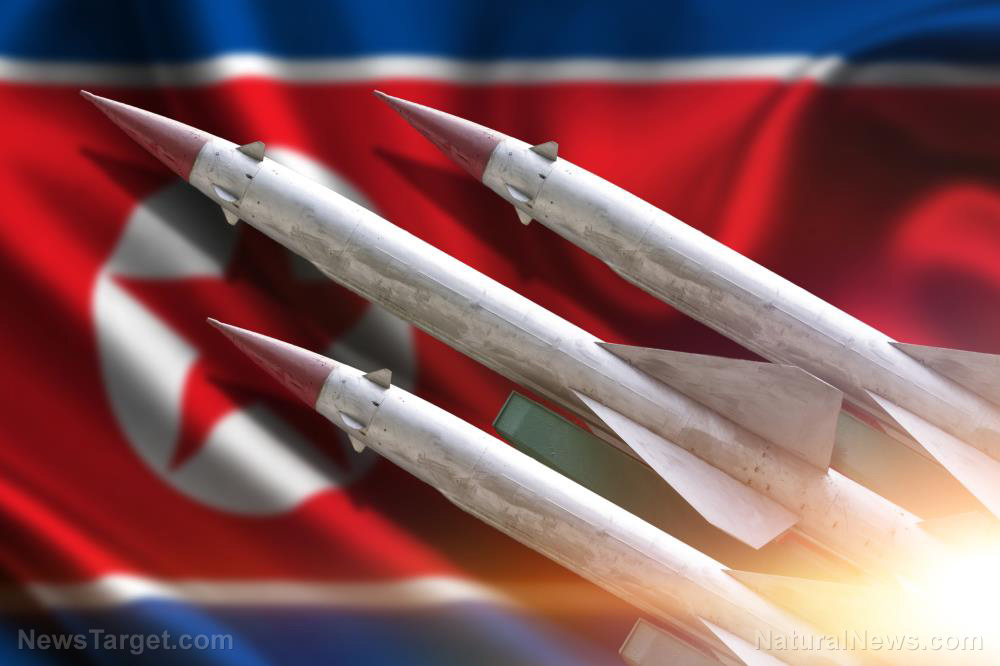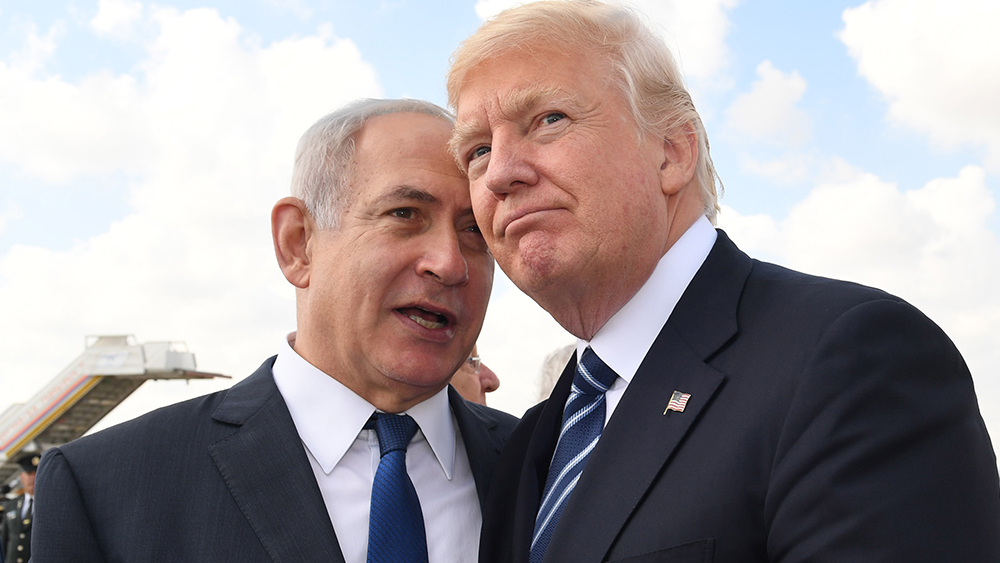 Parler
Parler Gab
Gab
- Ryan Wesley Routh, accused of attempting to assassinate Donald Trump, allegedly sought military-grade weapons—including a rocket launcher — from a Ukrainian contact in August 2024, one month before his arrest. His encrypted messages revealed intent to stop Trump from being reelected.
- Court documents show Routh began planning the attack as early as March 2024, conducting reconnaissance and discussing Trump’s movements — even referencing the July 2024 Pennsylvania assassination attempt with regret.
- On September 15, 2024, Routh was caught setting up a sniper hideout near Trump’s Florida golf club with an SKS rifle. He fled but was later arrested with burner phones, fake IDs, stolen plates and an escape plan.
- Routh faces multiple felony charges, including attempted assassination of a presidential candidate. Prosecutors seek to admit evidence of his weapons procurement efforts, while his defense alleges witness coercion by law enforcement.
- The case underscores threats to political figures, the potential for international weapon sourcing and the complex security challenges in thwarting extremist plots. The trial, set for September, may reveal deeper security and political extremism concerns.
The plot unfolds
Routh, a 58-year-old from North Carolina, allegedly began planning the assassination of President Trump as early as March 2024. According to court documents, Routh's plot was methodical and premeditated, involving extensive reconnaissance and the acquisition of various weapons and equipment. In August 2024, Routh reached out to a contact he believed to be in Ukraine, using an encrypted messaging app. In one exchange, Routh requested, "send me an RPG [rocket-propelled grenade] or Stinger and I will see what we can do... [Trump] is not good for Ukraine." He further inquired about the price and shipping options, stating, "I need equipment so that Trump cannot get elected." Routh's communications also included discussions about the July 2024 assassination attempt on Trump in Pennsylvania, where he allegedly expressed regret, saying, "I wish." He sent a photo of Trump's plane, writing, "Trump's plane, he gets on and off daily," indicating his intent to target the president's movements.The attempt and aftermath
On September 15, 2024, Routh allegedly set up a sniper hideout near Trump International Golf Club, armed with a military-grade SKS rifle. He was spotted by Secret Service agents before he could take a shot. When confronted, Routh fled the scene but was later arrested in Martin County, Florida. He was found in possession of multiple burner phones, fake IDs, stolen license plates and a written escape plan. Routh is charged with attempting to assassinate a presidential candidate, possessing a firearm in furtherance of a crime of violence, assaulting a federal officer, being a felon in possession of a firearm and ammunition, and possession of a firearm with an obliterated serial number. He has pleaded not guilty to all charges.Legal and investigative developments
The Department of Justice (DOJ) filed a motion on Monday, April 8, to admit evidence of Routh's attempts to obtain military-grade weapons. Prosecutors argue that these communications are "direct evidence of his assassination attempt" and demonstrate his intent to harm Trump. The motion also details Routh's WhatsApp communications with an individual named "Ramiro" in Mexico, whom Routh told he would be in Mexico City after September 15. Prosecutors say this is evidence of Routh's intended "flight from law enforcement." Routh's defense team has filed a 13-page motion alleging that law enforcement used "impermissibly suggestive" tactics during the interview of an eyewitness, identified as T.C.M. They claim the witness felt pressured to identify Routh due to the presence of multiple law enforcement agencies.Why it matters
This case highlights the ongoing threats to high-profile political figures and the lengths to which individuals may go to achieve their goals. The attempted assassination of a significant political figure underscores the need for robust security measures and the importance of addressing the root causes of such extreme actions. The revelation of Routh's attempts to acquire military-grade weapons from Ukraine also raises questions about the accessibility of such weapons and the potential for international connections in domestic threats. It serves as a stark reminder of the complex and evolving nature of security challenges in the modern era.Conclusion
As the trial approaches, scheduled to begin on September 8, the case against Ryan Wesley Routh continues to unfold, revealing a meticulously planned and potentially internationally connected plot. The outcome of this trial will not only determine Routh's fate but also provide insights into the broader issues of security, political extremism and the global dimensions of domestic threats. Sources include: TheNationalPulse.com FoxNews.com Newsweek.comBackyard farming surges as Americans prepare for economic collapse and food scarcity
By Finn Heartley // Share
Netanyahu’s Iran attack plan rejected by Trump amid Gaza backlash
By Cassie B. // Share
John Virapen’s “Medicine Cult” exposes the corrupt practices of Big Pharma
By Arsenio Toledo // Share
NY AG Letitia James faces federal criminal probe over alleged mortgage fraud
By Willow Tohi // Share
Governments continue to obscure COVID-19 vaccine data amid rising concerns over excess deaths
By patricklewis // Share
Tech giant Microsoft backs EXTINCTION with its support of carbon capture programs
By ramontomeydw // Share
Germany to resume arms exports to Israel despite repeated ceasefire violations
By isabelle // Share










